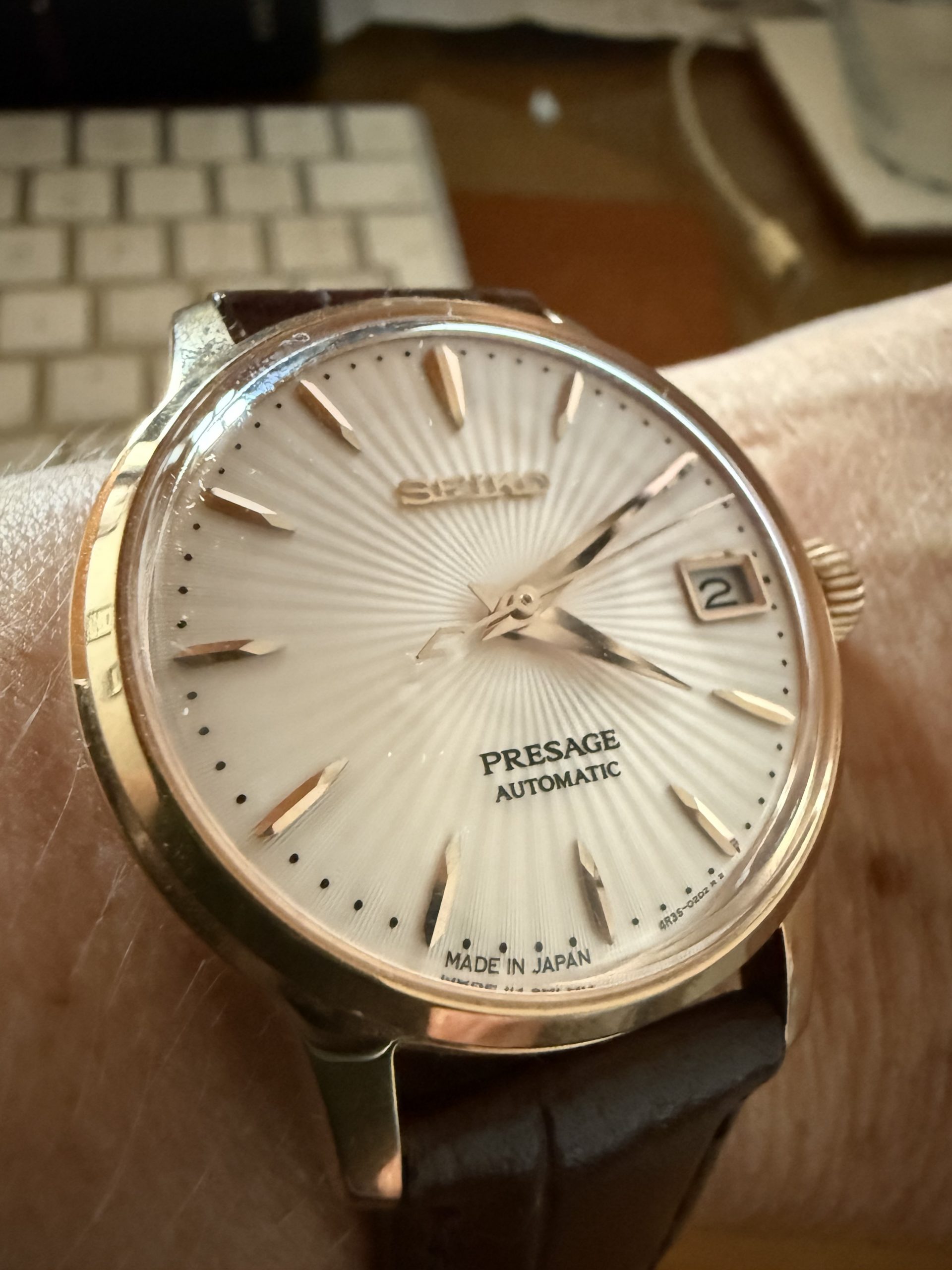We’re all about the quick wins in today’s fast-paced dopamine-fuelled society. And while we all recognise that change takes time, we still want the quickest routes to it – Ozempic, anyone?
A new study by researchers from Duke University, North Carolina, found that health care workers could improve their emotional recovery – the extent to which they could “bounce back” from emotional upheavals – after what they call a bite-size self-compassion tool. In essence, they asked the health care workers to try an activity designed to improve self-compassion, just once, and then measured their emotional recovery, and their overall levels of emotional thriving, before and a day after the activity.
What was the activity? The health care workers were given a prompt to reflect on an aspect of themselves about which they felt embarrassed, ashamed, or generally negative. They were then asked to write themselves a letter from the perspective of a good friend or loved one about the negative aspect from the previous prompt.
A day later, they showed significant improvements in emotional recovery, and smaller improvements in emotional thriving, compared to before the task. This adds to the evidence being amassed by this team of researchers that quick wins are possible. Although the longer-lasting effects of this bite-sized intervention are not yet known, this also adds to the general understanding from positive psychology that, as I’ve shown in my own practice, it is possible to change attitude and that there are immediate benefits to self-focused care. The journey to lasting self-improvement might be a longer one, but every journey starts with some simple steps.

Leave a Reply